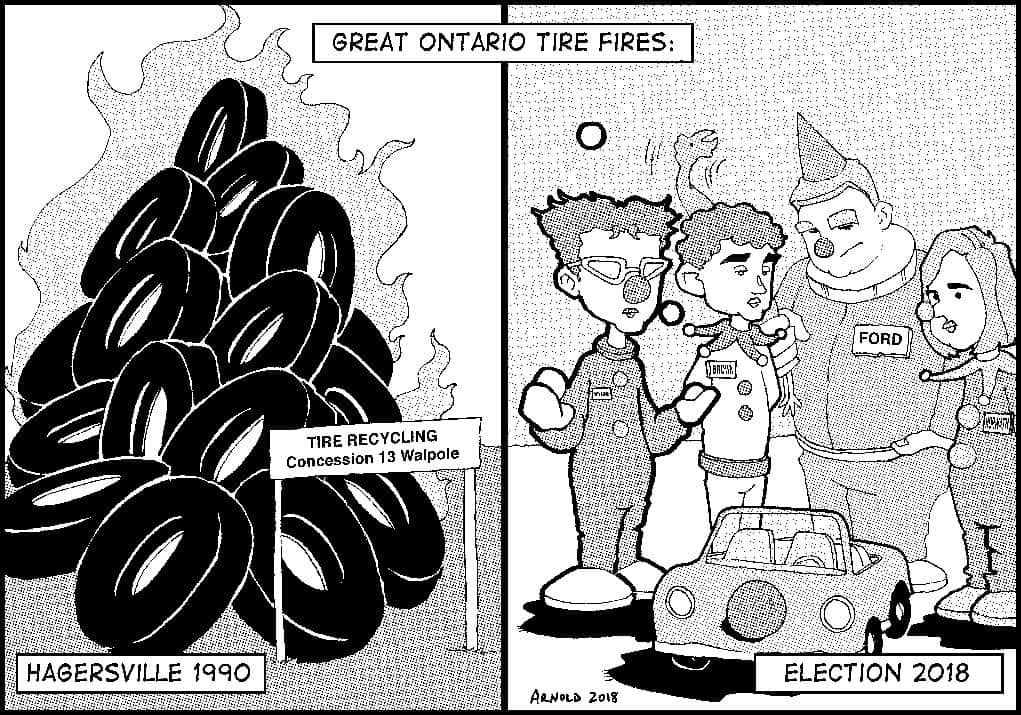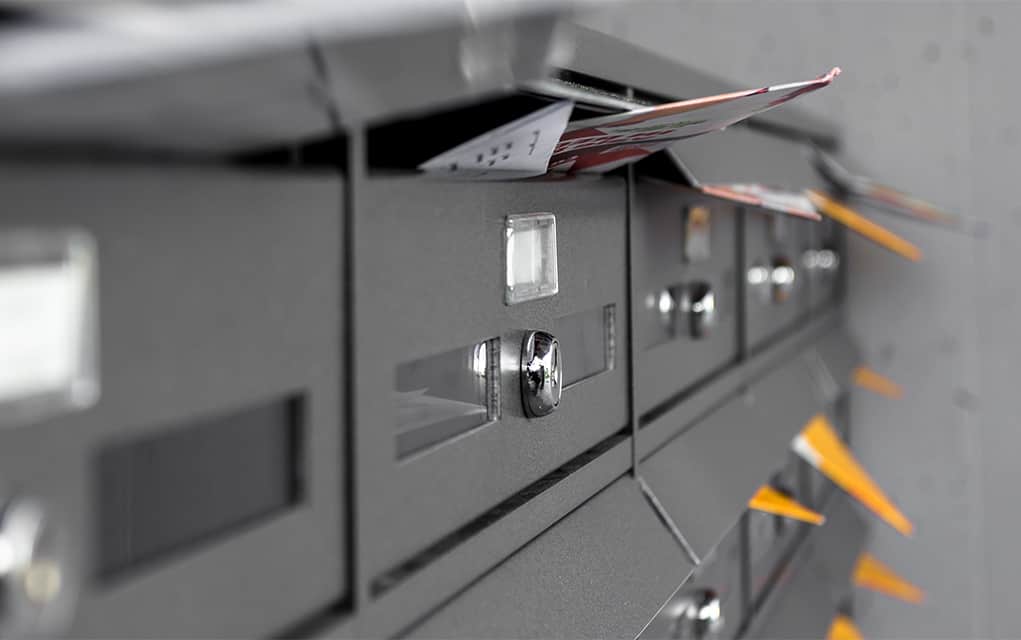There’ll be no naloxone kits – used for treating opioid overdoses – in Waterloo Region’s public schools until at least September, as board trustees last week deferred a decision on the issue.
The deferral decision at the February 12 school board meeting was nearly unanimous. The sole dissenter was trustee Cindy Watson of Cambridge and North Dumfries, who originally made the case for the kits’ inclusion in schools across the region.
“Well I believe it is very important,” said Watson, speaking to the Observer. “We have an opiate crisis, it’s not going to go away. From what I understand, it could potentially get worse.”
Watson admitted she had never heard of anyone overdosing in Waterloo Region schools. She nonetheless likened the naloxone kits to keeping defibrillators and other lifesaving equipment on hand.
“So if something were to happen it’s there, it’s on the wall in case of emergency,” she said.
However, Scott McMillan, board chair and trustee for Woolwich and Wellesley, said the board had worked with a number of community groups, including Waterloo Region Public Health and the police, before coming to their decision.
“They’re telling us that our main focus should be on education and prevention. And so I think that’s where the root of deferring this decision comes, and I think it’s important to understand that we didn’t defeat the motion, we simply said let’s wait until September to make a decision,” said McMillan.
Watson, however says that relying on education was not enough, and that a final measure was needed as a last resort.
“Now the board decided to focus on prevention and education. We’re already doing that. The naloxone kit is the final step. So the issue is, at this point, I believe that we need to be prepared just in case there is an emergency,” she said.
Asked whether school’s ought to treat naloxone like a defibllirator and carry one just in case, McMillan points that the comparison isn’t exactly one-to-one.
“Public Health is telling us ‘no.’ First responders are telling us, ‘no.’ Right now first responders are telling us that they can get there, and I think that’s the difference between a naloxone kit and defibrillator,” he said.
With the latter, “first responders are saying by the time we get there it might be too late. And with the naloxone kits, the first responders are saying we can get there in time. So that’s the big difference between the two.”
In a financial analysis by school board staff, the total estimated cost for providing a kit to every school in the region would amount to $119,400. The kits themselves would cost $28,000, staff training was estimated at $61,000, and an additional $30,000 was expected for training materials and “staff deployment.”
Naloxone kits are increasingly being supported by the government to combat the oft-described opioid crisis affecting communities in North America. The kits are able to temporarily reverse the effects of an overdose of opioids such as fentanyl, morphine and heroin. The Ontario government provides free kits to individuals at risk of overdose.









